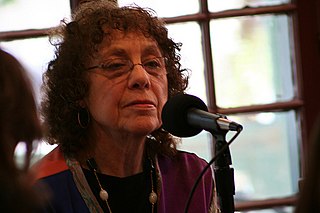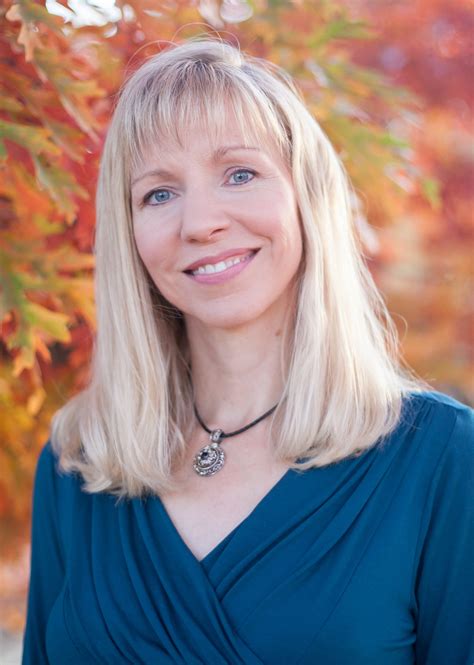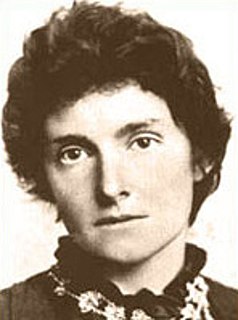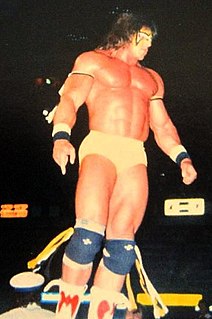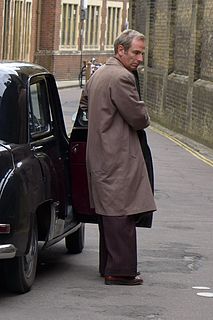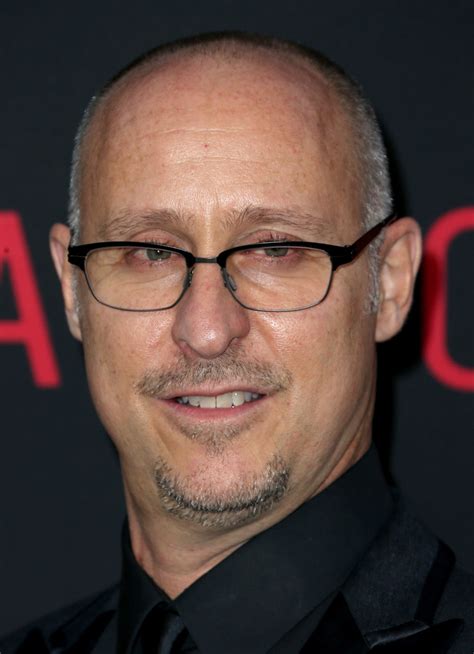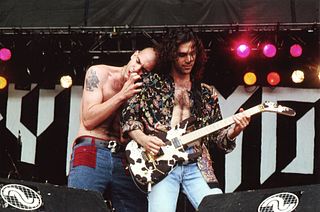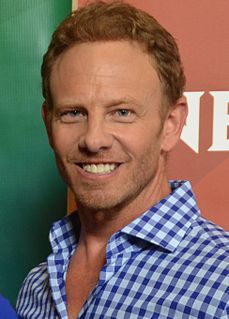A Quote by Phil Klay
At least for me, writing a book is continual exposure to blind spots. There were things I wanted to be true and wanted to believe, but it always got more complicated in the fiction.
Related Quotes
I went to New York. I had a dream. I wanted to be a big star, I didn’t know anybody, I wanted to dance, I wanted to sing, I wanted to do all those things, I wanted to make people happy, I wanted to be famous, I wanted everybody to love me. I wanted to be a star. I worked really hard, and my dream came true.
The Hollywood stuff in the book tended to come later. I think it was because I was worried about leading with that stuff. I wanted to try to make sure that the other stories in the book were as interesting. I wanted to spend more time on them and craft them. The thing is, with writing, it's form or content.
Don't you think it's rather nice to think that we're in a book that God's writing? If I were writing a book, I might make mistakes. But God knows how to make the story end just right--in the way that's best for us." Do you really believe that, Mother?" Peter asked quietly. Yes," she said, "I do believe it--almost always--except when I'm so sad that I can't believe anything. But even when I don't believe it, I know it's true--and I try to believe it.
From when I was 7 until I was 22, I played football. That was always my struggle as a kid. I always wanted to be an artist, but my parents were divorced, and my dad really wanted me to play sports, and that's how I got to see him. He would come pick me up or take me to practice, and he was always at my games.
But having more freedom she only became more profoundly aware of the big want. She wanted so many things. She wanted to read great, beautiful books, and be rich with them; she wanted to see beautiful things, and have the joy of them for ever; she wanted to know big, free people; and there remained always the want she could put no name to? It was so difficult. There were so many things, so much to meet and surpass. And one never knew where one was going.



